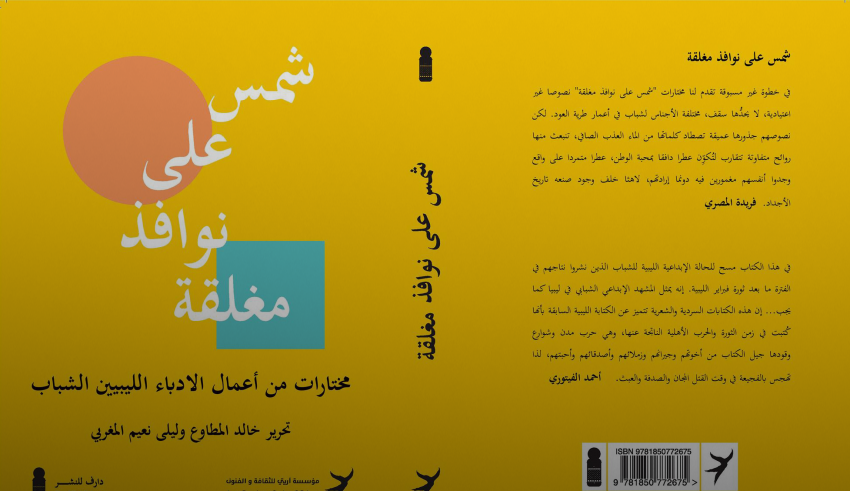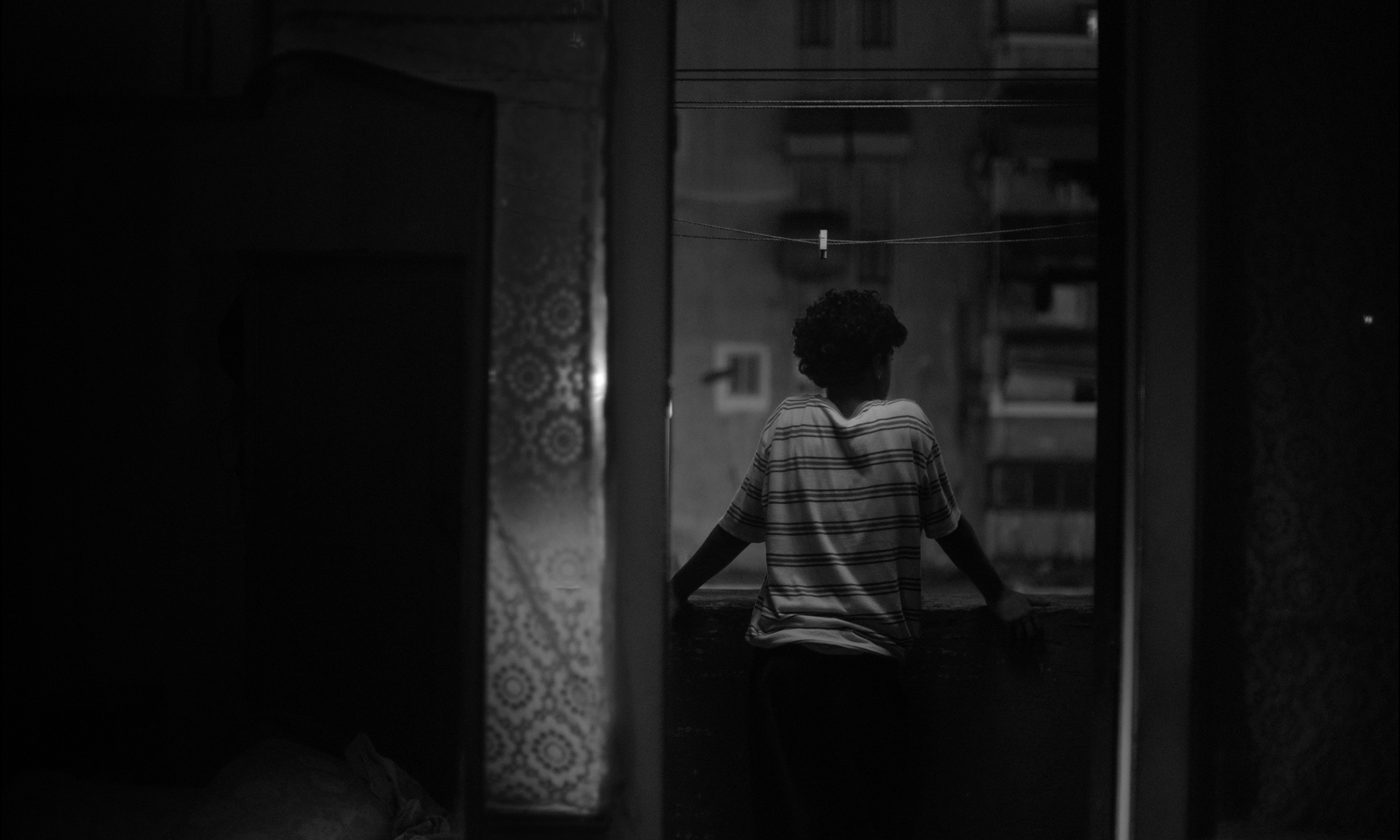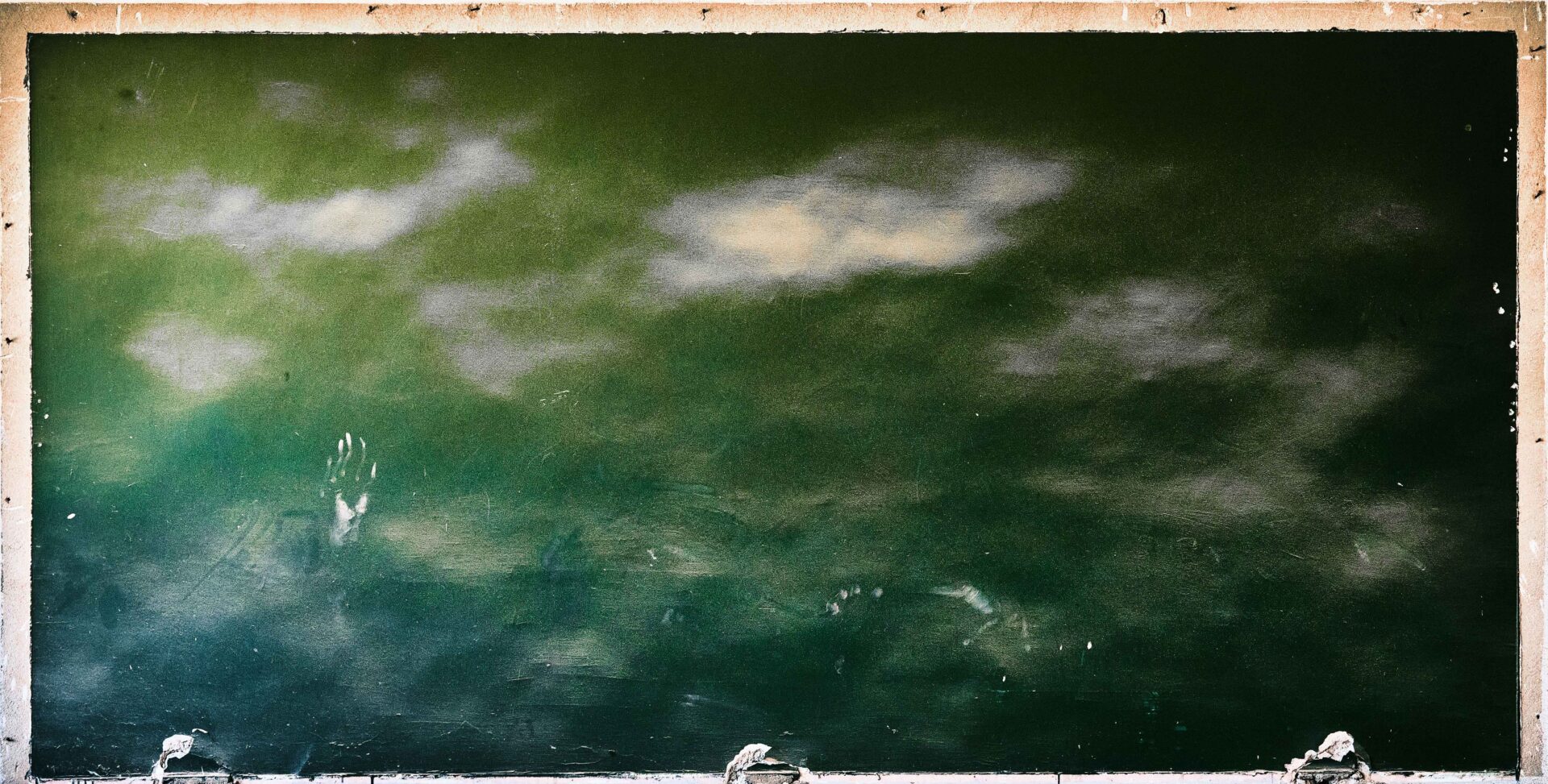Out of its dedication to the advocacy of freedom of thought and creativity, and its rejection of all forms of ideological tutelage, Culture Resource declares its solidarity with the authors and writers of Sun on Closed Windows who have become the victims of a massive campaign of slander and vilification in Libya. The book is a collection of literary works, written after the year 2011, by 25 young Libyan poets and short story writers. It also includes essays by two young literary critics.
A group of Arab writers released a declaration of solidarity, stating that the authors and editors of the texts in the anthology have been targeted by a defamation campaign of unprecedented scope and vehemence. Among those who have come under the crosshairs of this campaign is Khaled Mattawa, a member of Culture Resource’s Artistic Board and one of the co-editors of the anthology. The Arab writers, in declaration, state, “The situation reached a point where some of the authors and editors have been threatened and interrogated against a backdrop of violent criticism at both the official and popular levels. Indeed, the campaign went further to demand the prosecution and the harshest penalties against of the authors of the texts published in the book, who were described as ‘foreign agents’. The Arab writers’ statement added that a militia group forcefully closed the Dar Al-Fagih Hassan arts and cultural centre in Tripoli after the book signing event for the anthology.
“Sun on Closed Windows is not the first anthology of Libyan literature”, Mattawa told Culture Resource, “However, it is the first anthology in a long time dedicated to the works of the young Libyan authors who have begun to write and publish their works in the period after the end of the Qaddafi regime. It is therefore representative of the innovativeness of a new generation of Libyans at the beginning of a new and entirely different historical era and it could lay the bases for literary aesthetics and concerns unlike those that had previously prevailed in Libya.”
According to Mattawa, the attacks against the book and its contributors reflect how remote the social situation in Libya is to developments in the arts and modes of artistic expression. He urged that the highest priority be given to protecting the safety and wellbeing of all who contributed to the book. “It is praiseworthy that several parties took action toward this end from the outset,” he stressed.
Mattawa believes that the crisis surrounding Sun on Closed Windows has its origins in a much deeper and broader phenomenon. “The problem in our region is that the idea of freedom of opinion and expression is not firmly rooted in society, at both the grassroots and the governmental levels. In addition, there is a religiopolitical deterrent to wield against these freedoms”. He adds, “There is an ethical dilemma which inclines many people to support punishing writers, banning some books and suppressing publication and the press.”
Mattawa observes that many Libyans were more disturbed by the attack against the book than by the few paragraphs that sparked the whole controversy. At the same time, the incident has generated a frank exchange among various circles about freedom of expression as well as about the responsibility of the writer. “This indicates that there is a trend in society that supports the freedoms of opinion, expression and publication, but unfortunately, this trend does not have any political representation of note to defend it”.





